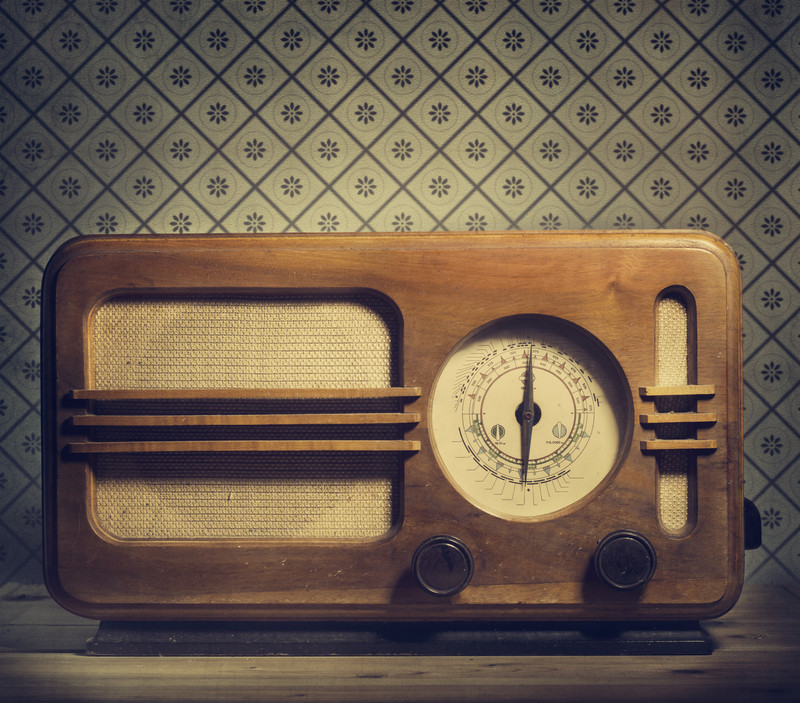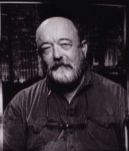IT’S ONLY ROCK ‘N ROLL
My daughter the lawyer calls me an “accidental academic.” After high school, there was no way that I could afford to go to college. So I joined the army and learned how to jump out of airplanes. After the army, I used the GI Bill to finance a degree in journalism and landed a job in public relations with a large corporation based in New York City. It wasn’t long, however, that I realized that an advanced degree would be helpful if I wanted to progress in my career. Also, in the field of public relations, mass persuasion is the name if the game– and I learned that there were entire programs of study being offered by some universities dealing with persuasion and mass communication. Social psychologists had been studying the effects of mass communication for years, but it was just then becoming an independent field of study. So I returned to graduate school to get a masters degree and, a few years later, I went back again and got a Ph.D in mass communication.
One of the ways I paid my tuition in graduate school was to teach one course every quarter– usually journalism 101. But one quarter, journalism school management asked me to teach a course called Mass Communication in Society. Okay, something different. As I reviewed the textbook, I saw that the content of the course was basically what I expected– the effects of various mass communication media. Newspapers, magazines, radio, television, etcetera, etcetera. And music. Music? Yep, music as a mass communication medium.
As it turned out, Mass Communication in Society was one of those courses required for all liberal arts majors as well as other majors like nursing and forestry. So it was taught in one of those big tiered classrooms, with almost 100 students in the class. Seating was assigned so that an assistant could check attendance by simply checking empty seats. Exams were multiple choice questions graded by a computer. Like most college students, those in my class were attentive and polite as we went over the various forms of media– even though, for most of them, this topic was not a major interest. Blah, blah, blah. Until we got to music.
Now keep in mind that, because I had been out working in the real world for a number of years, I was older than most of the students in the class. So after we went over how the use of music in advertising could affect the listener-viewer’s feeling about the source of a message as well as product preference (etcetera, etcetera, blah, blah, blah), I told them that we were going to discuss the birth and subsequent impact of rock ‘n roll. I think I saw many of them actually lean forward in their seats. I’m not sure they believed me when I told them that I had actually been present during the debut of rock ‘n roll. (Present, like present at a historic sports or political event.)
I told them that radio was, to a great extent, responsible for the emergence of rock ‘n roll as a “movement”– but that radio had not always been a primarily music venue. Before TV, families actually sat around their living rooms looking at the radio, listening to entertainment programs like “The Lone Ranger,” “Mercury Theater on the Air” (Have you ever heard of Orson Welles’ “War of the Worlds”?),”Fibber McGee and Molly,” many of the soap operas that are still on television today– as well as “Your Hit Parade,” starring top vocalists singing the most popular songs of the day. For years, those top tunes were songs made popular by big bands like Glenn Miller and Tommy Dorsey and big-name singers like Bing Crosby, Perry Como, Doris Day and Rosemary Clooney (Yep, George Clooney’s aunt).
With the advent of TV, however, the format of radio quickly (very quickly) changed from featuring entertainment programs like those listed above to the now standard disk jockey format. And that is where rock n’ roll was introduced– and changed the world! Suddenly, rock n’ roll hits were making “Your Hit Parade” (which had now become a popular TV show). But there was a problem. The traditional ballad singers who starred on that show were having trouble singing rock ‘n roll hits– like “Rock Around the Clock,” the very first rock song to make Number One on “Your Hit Parade.” As a result, that program soon faded away. Meanwhile, elsewhere on TV, a young Pat Boone was humiliating himself by trying to cover Little Richard’s “Tutti Frutti.”
None of that was in the textbook.
“It’s only rock ‘n roll, but I like it.” –The Rolling Stones
~~~~~~~~~~~~~~~~~

